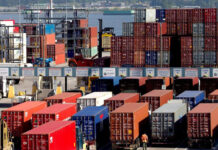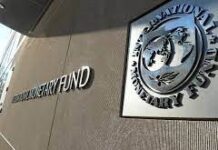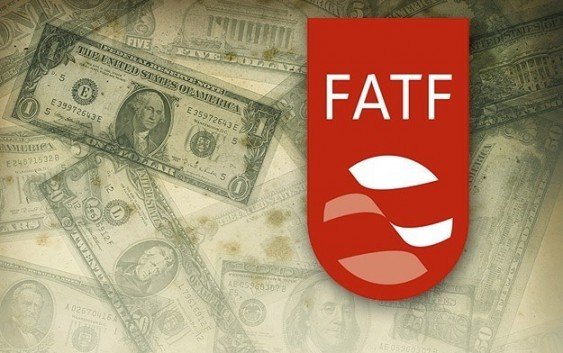KARACHI: Inclusion of Pakistan in the global terrorist financing watchlist can increase the cost of doing foreign transactions for the country, according to sources.
“This will increase the cost of doing international and cross-border transactions and ultimately higher cost of doing business locally. Pakistan was last placed on Financial Action Task Force’s (FATF) grey list in February 2012 and stayed on it for three years,” an analyst at a brokerage house said. He added that the FATF has no authority to impose any sanctions on a country found not meeting the required standards.
Qaiser Bangali, a renowned economist said, “The FATF is going to declare us criminals due to which the international buyers will not come to Pakistan and nobody will try to build relations with the country.” Major sectors of the economy including the banking sector may get adversely hit due to this decision, he added
He further said that every banking transaction coming to the country will be monitored from FATF member countries.
On the other hand, Topline Securities Head Mohammad Sohail said, “I am not foreseeing any harsh decision for the country in the forthcoming meeting to be held on February 18 in Paris.” Pakistan has already faced such circumstances in February 2012 and stayed on the list for three years with little impact on the country, he added.
“The country is following the policies of International Monetary Fund (IMF), to whom Pakistan owes a large amount of money. The IMF and other donor agencies will support the country in this meeting, he further said. He also claimed that Pakistan may need IMF’s loan again after the general election.
A senior official of the US government told an international news agency that the moving of the motion is a well-thought-out manoeuvre to urge Pakistan into taking action against all militant groups rather than just selective ones.
“It is time for that to stop, and so we are working with our allies, who also are affected, to see effective action against groups such as the Haqqanis and elements of the Taliban,” the official was quoted as saying.
With the upcoming FATF meeting scheduled for next week, President Mamnoon Hussain had last Friday promulgated an ordinance amending the Anti-Terrorism Act, 1997 with regards to proscription of terrorist individuals and organisations to include entities listed by the United Nations (UN) Security Council.
A major impact of the new ordinance would be the proscription of Hafiz Saeed-linked Jamaatud Dawa and Falah-i-Insaniat Foundation along with the UN listed outfits of Al Akhtar Trust and Al Rashid Trust, the report said.
The move is part of a broader US strategy to pressure Pakistan to cut its alleged links to militants waging chaos in Afghanistan.
Pakistan’s $300 billion economy, which is expanding at its fastest rate in a decade at above 5.5 per cent, could lose steam if it ends up on the FATF watchlist, from which it was removed in 2015 after three years.
Being placed on the FATF watchlist carries no direct legal implications, but brings extra scrutiny from regulators and financial institutions that can chill trade and investment and increase transaction costs, according to experts, the analysts said.
In September, Pakistan’s biggest lender, Habib Bank, was fined $225 million and effectively forced to shut its US operations by the New York regulator due to compliance failures over money laundering and terrorist financing.

























